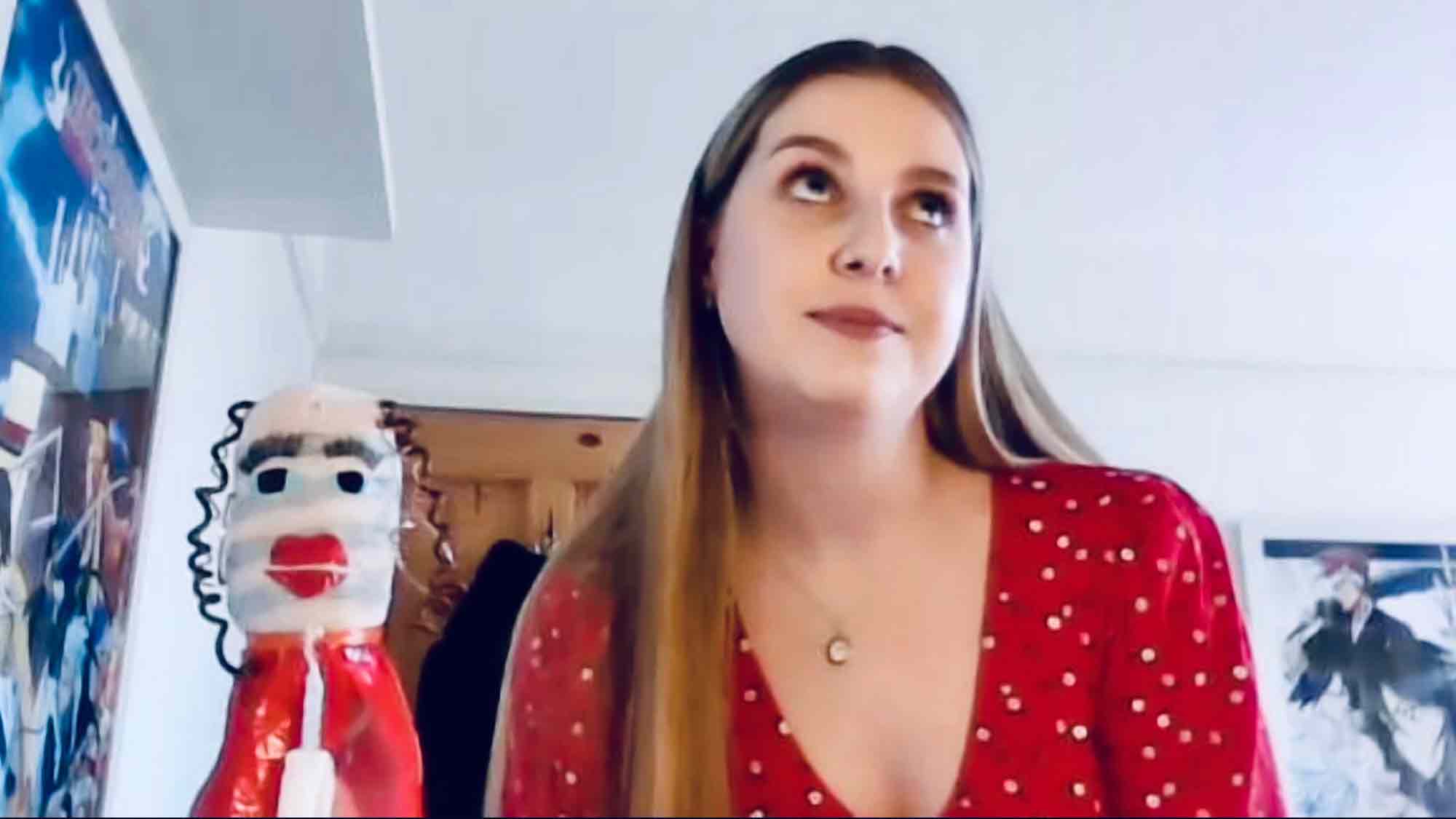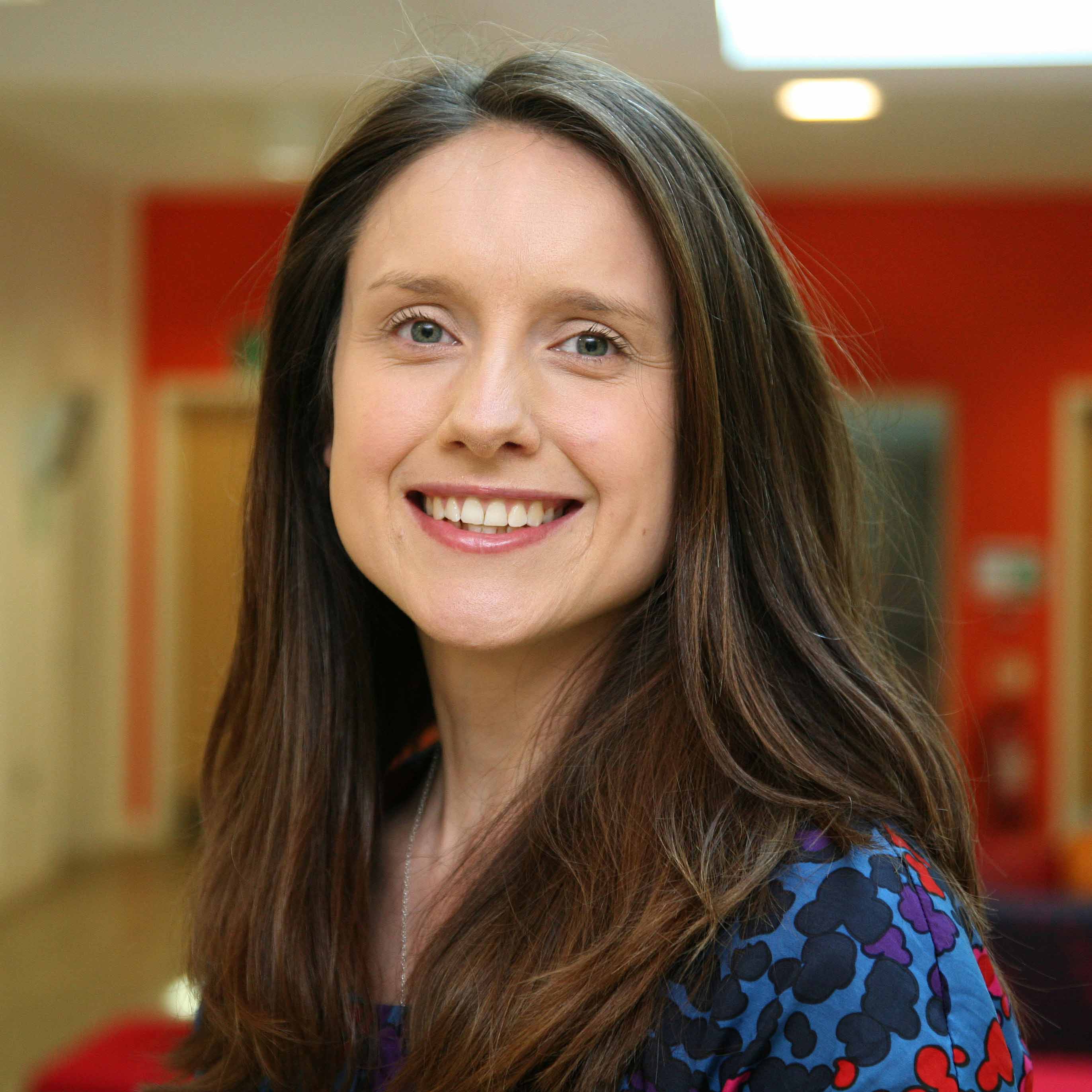Covid-19 has forced theatres to shut their doors, leaving thousands of professionals out of work and in some cases ineligible for emergency Government support. Coupled with recent announcements that the Government plans to drastically cut spending on arts education, the performing arts and those working in the sector have never felt so under threat.
It’s more important than ever that we celebrate the achievements of our artists, demonstrate the value of arts degrees and support our partners in the sector.
Dr Liam Jarvis in our Department of Literature, Film, and Theatre Studies is doing just that and his intensive workshops for students have helped forge new and stronger partnerships with industry professionals that not only help students develop their skills, but help professionals adapt to the changing world.
The latest workshop, which saw drama students make puppets out of waste objects, has been a valuable learning experience and I interviewed second-year student Megan Greenhill to find out more.

Image: Megan with Mandy, the Menstrual Waste Puppet
What is so valuable about a practical workshop with industry experts?
“For me personally, a hands-on practical approach has always been the easiest way to effectively engage in learning. Having two fabulous industry experts lead various exercises throughout the week created a professional atmosphere that allowed us to be creative in a safe environment.
“Being able to experiment myself instead of watching someone else perform was extremely beneficial and allowed me to test my personal limits.
“The expertise that was brought to every session was almost overwhelming, the level of knowledge that guided the activities was truly outstanding.”
The theme was climate change, why is that issue important to you?
“Climate change is a rapid progressive issue that is an extremely layered topic with many areas lacking coverage. As a woman I started to reflect on menstrual waste and how drastically it contributes to climate change.
“It shocked me the amount of plastic waste that comes from sanitary products. I felt so naïve knowing I could have changed something so simple yet so detrimental. I wanted to share this information with others, I hoped that this would shock the majority in the same way that it did me.
“As a young person climate change is a daunting issue that looms over my generation and many to follow, it is not fair to be selfish, something needs to change.”
What puppet did you make?
“I wanted to make my puppet completely out of waste, so I saved all the rubbish in my bin for about a week.
“I based the main body of the puppet on a pair of holey socks as they were easy to manipulate and had a fun pattern; I stuffed them with crisps packets, plastic packaging and various forms of paper waste to create a body. I sourced hair from some old wire and the facial features from carrier bags. It began to form a very pretty female puppet that I named Mandy, the Menstrual Waste Puppet.
“Her multiple accessories and outfits were also items that would have been thrown away. It was fun to get creative with objects I had previously deemed useless.”
What was your inspiration?
“I wanted to create something that could appeal to children, a light-hearted character that could educate others on a very important topic.
“I researched various forms of puppets used for children’s theatre, always coming back to comical, playful characters that often disagree with their puppeteers or create trouble off-stage. I took a lot of inspiration from puppets I enjoyed as a child: Sooty, the muppets and of course Punch and Judy.
“It was fun to create a loveable character that could teach morals and produce lots of smiles.”
What was the remote, virtual experience like?
“Working from home has been a challenging experience, every day brought its own difficulties that had to be overcome.
“The first main obstacle was the lack of space I had to work with - attempting all exercises in a small bedroom became unmotivating as limitations started to become clear. Despite this the exercises were enjoyable, and the level of understanding and support provided was beyond amazing, which definitely boosted moral.
“A big advantage to an online intensive week was having the opportunity to work with members of Theatre-Rites. This would not have been possible had we have been in a face-to-face environment due to their busy schedule. Being in a home environment added an element of ease as the familiarity was comforting in a bizarre limited space way.”
What was the biggest challenge?
“The emptiness of the space, being isolated in a ‘theatrical space’ was a very strange feeling.
“The activities and tasks were well adapted for the online environment - I cannot fault the workshop leaders for the dedicated planning and willingness to adapt – and the use of breakout rooms for both feedback sessions and an informal lunchtime allowed us to connect as a group.
“Another challenge was trying to find the level of motivation needed to perform practically in a home environment. The workshop leaders overcame this exceptionally by conducting a detailed warm up session in the morning. It targeted every element and lifted the mood all round. It really was fabulous.”
What have you learned and how have your skills developed?
“Puppetry is something I have very little experience with, so it was daunting.
“There is an abundance of skills that I learnt throughout the week ranging from basic mime to object, all of which I have never explored before.
“A main skill I took away was that research is only a starting point and should never limit creativity - playing and having fun should be the main goal in any type of performance. I discovered how vital physical movement can be to aid in storytelling.
“Everything was so new and engaging.”
Header image courtesy of Olivia Marshall



